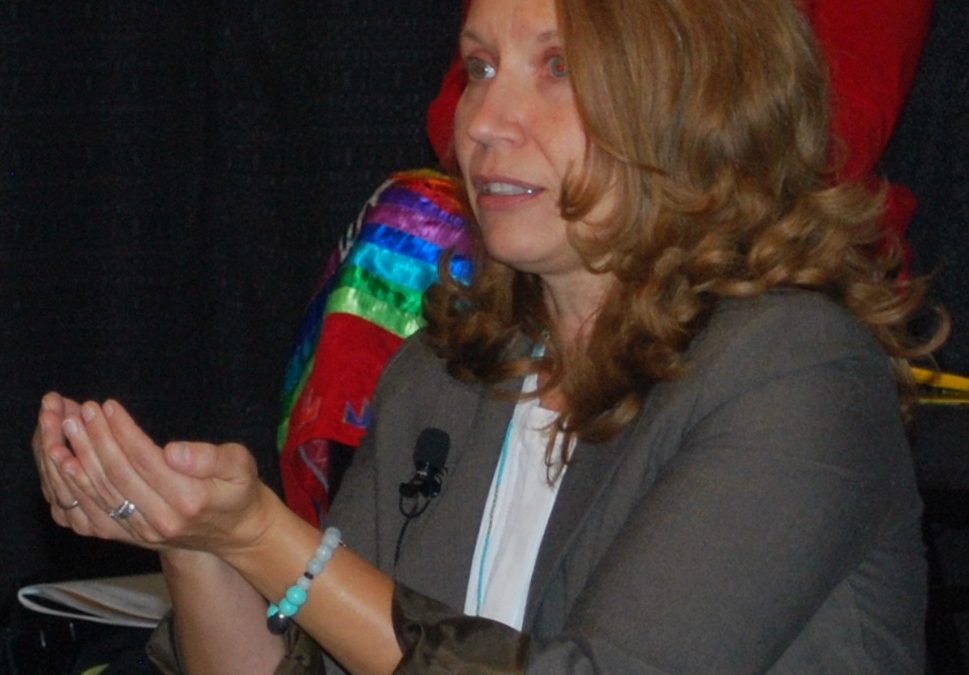Embracing the Truth and Reconciliation Commission’s calls to action was the focus of a Saskatoon conference this past week.
The two-day Wîcihitowin Indigenous Engagement Conference wound up on Thursday afternoon.
The conference looked at how government, business and community organizations can best embrace the TRC’s recommendations.
Former CBC journalist Meralda Fiddler-Potter spoke Wednesday as part of a breakout session that examined the inclusion of Indigenous perspectives in the Canadian media.
She said it is important for journalists to include local Indigenous narratives in their stories.
“It’s not just enough to know who was prime minister in the 1970’s and how the White Paper, and this paper, and how they all affected one and other. But when you work in a region, like Prince Albert or North Battleford or Regina, there’s an entire history that’s of just that community.”
Working herself as a journalist for 16 years, Fiddler-Potter said she fully realizes the time constraints reporters are under just to get the basic facts of a story right – let alone do this with ongoing financial cutbacks in the industry.
However, she said if journalists take the time to try to accurately bring all narratives into a story, including Indigenous ones, they are better protected from being accused of producing so called “fake news” down the road.
Fiddler-Potter said since the TRC’s calls to action came out four years ago, the mainstream Canadian media has made some strides ahead in terms of Indigenizing reporting.
CBC’s Indigenous bureau is one example.
Nevertheless, she said media coverage of the Colten Boushie trial in 2018 shows there is still some way to go in terms of providing Indigenous context.
“It was really hard to find something that could possibly tell us in terms of how all these groups of people can be there at that moment. What can we take away from this or where do we need to go?”
CTV reporter Creeson Agecoutay and MBC Radio CEO Deb Charles also spoke as part of the panel discussion.
Meralda Fiddler-Potter is currently doing a PhD at the Johnson Shoyama Graduate School of Public Policy at the University of Regina.
She has also taught at the First Nations University of Canada.
Fiddler-Potter is of Métis heritage and grew up in the Meadow Lake area.
Other keynote speakers at the Wîcihitowin Indigenous Engagement Conference included Eugene Arcand, Maria Linklater, Harry Lafond, Willie Ermine, Gerald Morin and Lillian Dyck.
This is the fifth year the conference has been held.
(PHOTO: Meralda Fiddler-Potter was one of the featured speakers at the 2019 Wîcihitowin Indigenous Engagement Conference. Photo by Fraser Needham.)
